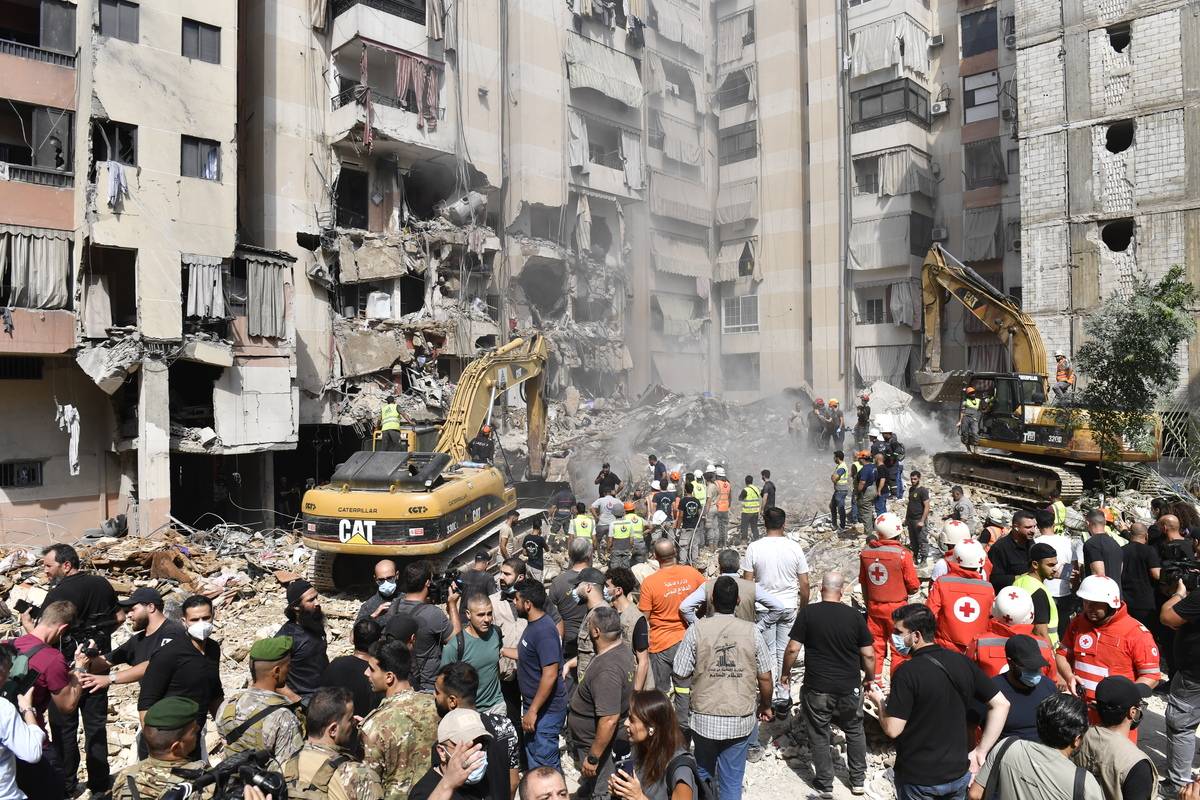Global June Heat Collapse: When Headlines Become Heartbreak
June 2025 will be remembered not just for record-shattering temperatures, but for a wave of heartbreak that swept across continents. What started as shocking headlines—“Europe is boiling,” “US cities evacuate as wildfires rage,” “Wheat prices skyrocket”—quickly became a daily reality for millions. From flooded streets to empty grocery shelves, from scorching classrooms to overwhelmed hospitals, June’s heat collapse left no one untouched.




🔥 Global Disaster Timeline
- June 2: US Midwest crops wilt as “mega-drought” worsens
- June 6: Europe’s heat dome sets new records—wildfires erupt in Spain, Greece, and France
- June 10: Food prices surge as wheat, corn, and olive harvests collapse
- June 13: Floods in Asia displace millions, emergency shelters overflow
- June 18: Mediterranean marine die-offs reported; fisheries close indefinitely
- June 21: Scientists warn: global mental health emergency as trauma surges
🧠 The Human Impact: Global Trauma
It’s not just the physical damage—homes burned, crops lost, power grids strained. This crisis is rewriting the mental landscape of a generation. - Parents wrestle with keeping children safe and cool. - Farmers and fishers face uncertain futures and mounting debt. - Therapists report record spikes in anxiety, sleep disorders, and panic attacks tied to “climate dread.”
According to the World Health Organization, the psychological effects of climate disasters are “profound and lasting.” Harvest & Harmony’s Climate Grief Grounding Guide has seen record downloads this month as more people search for grounding, community, and hope.
“When the heat breaks records, so do our hearts. Healing begins with truth, connection, and compassionate action.”
🌍 What We Can Do Next
Resilience starts at home. Download our free Climate Grief Grounding Guide, join the newsletter for weekly tools, and check in on your neighbors.
Read Part 1: Europe Heatwave 2025 for the full backstory, or visit our series index.
Sign up for the Harvest & Harmony Newsletter
“This isn’t just a summer story. It’s a call to heal, adapt, and build resilience—together.” Tweet this

Trauma-informed writer, founder of Harvest & Harmony, and fierce voice for truth in a world in crisis.
📖 Read her full bio and mission on the About the Author page.
Learn More →










.jpg)
.jpg)
.webp)


